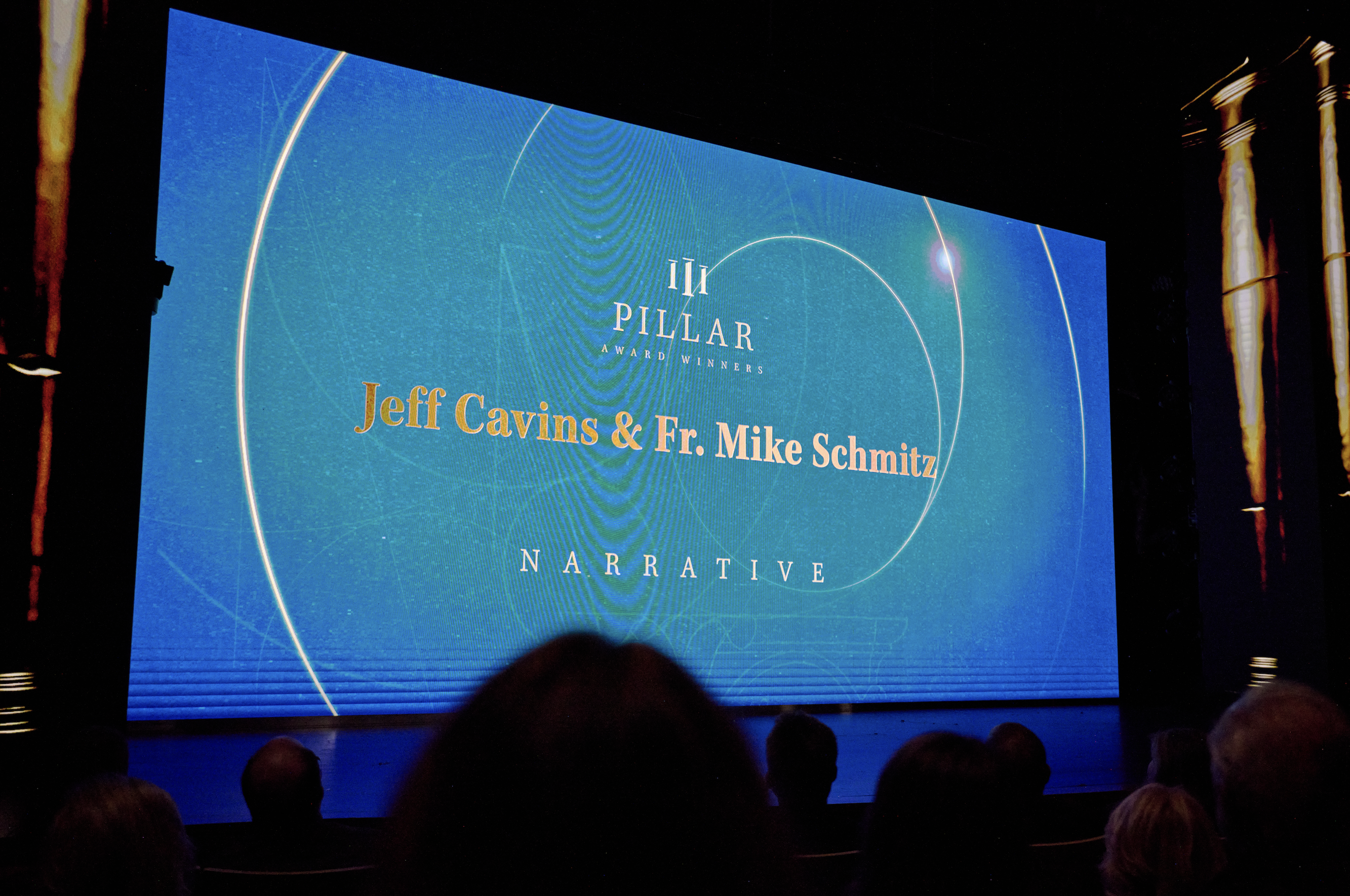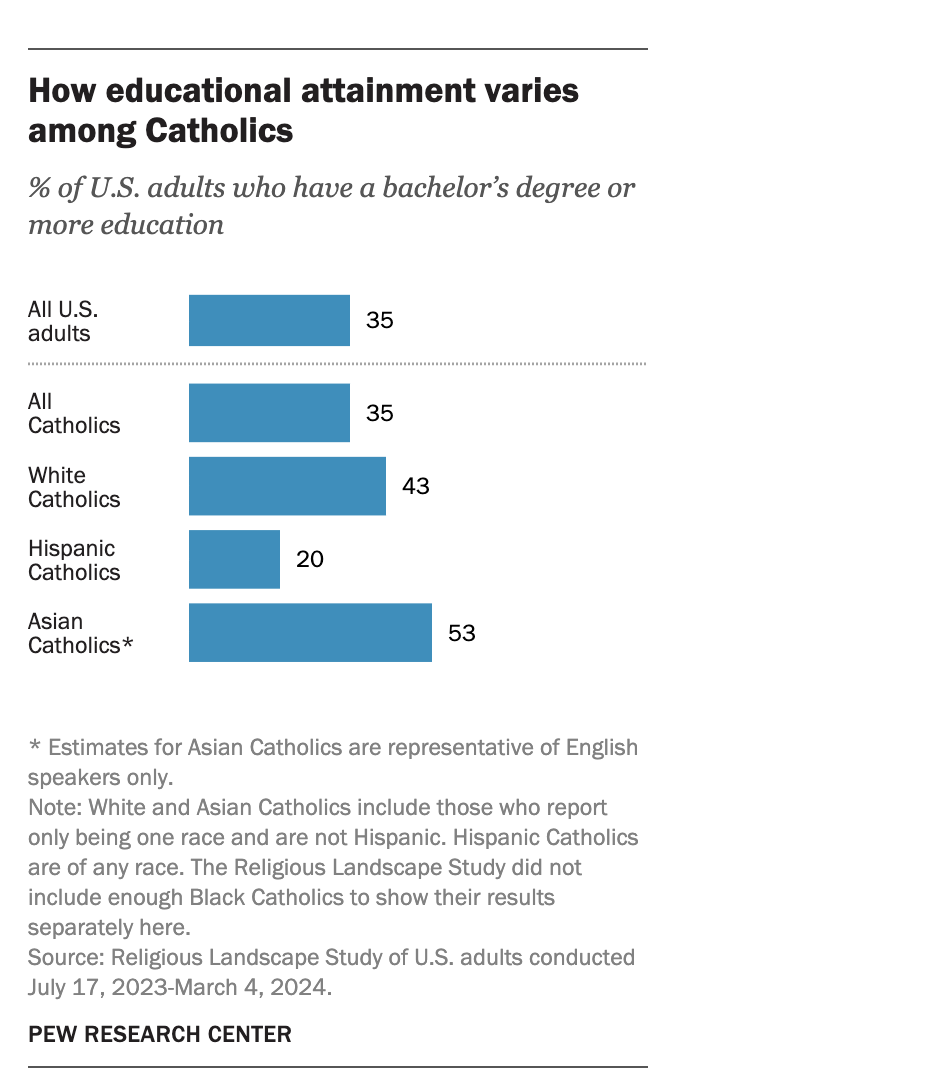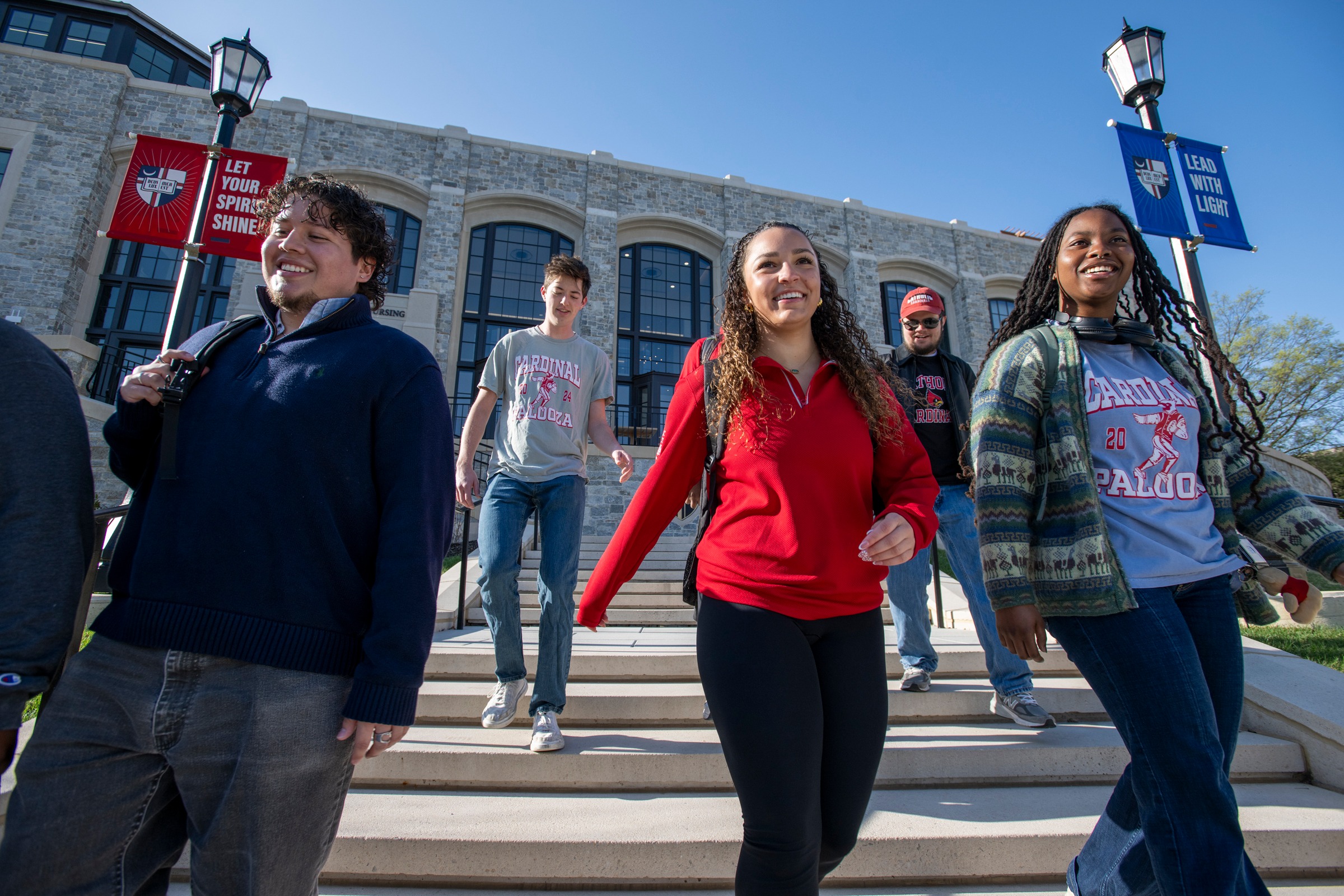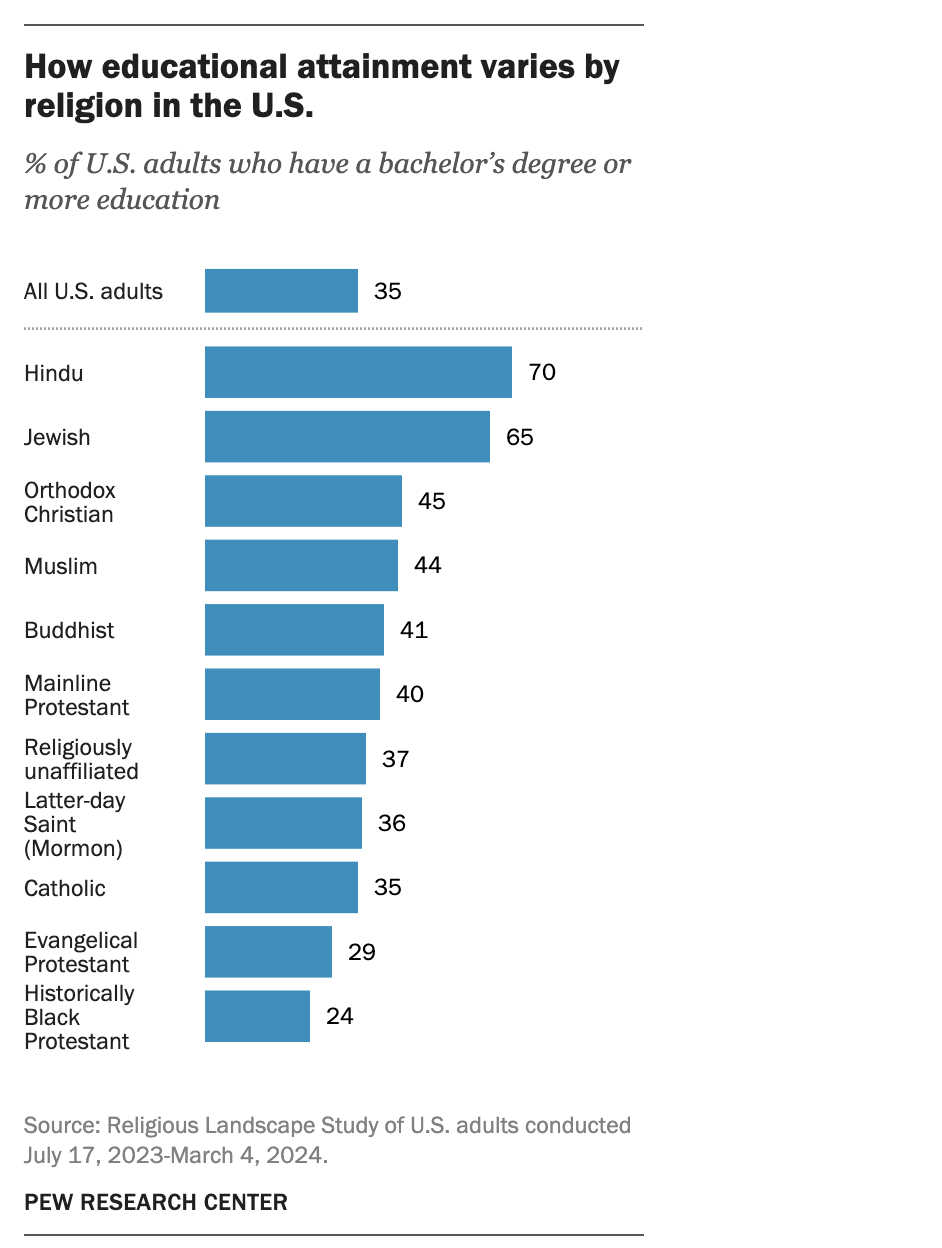http://www.myspiritfm.com/News?blogid=8838&view=post&articleid=294077&link=1&fldKeywords=&fldAuthor=&fldTopic=0
The Citizens' Group for the Decriminalization of Abortion in El Salvador announced its legal dissolution, stating that its work is "no longer compatible" with the country's current legislation for nongovernmental organizations (NGOs). The decision has been met with caution among pro-life advocates in El Salvador.
In a Feb. 23 statement, the abortion advocacy group stated that the Foreign Agents Law, enacted by the Salvadoran government in 2025, "limits the work of legally constituted associations by restricting freedom of expression and criminalizing social organizations that defend human rights."
"In this context, and given the structure of an NGO, our work is no longer compatible [with the new law], so we decided to dissolve and not register with the Foreign Agents Registry," they stated.
However, far from disappearing, they affirmed that they will become "a broad, activist movement" called "The Regional Movement for the Right to Abortion and Motherhood."
"Together, we together (masculine, feminine, and neuter pronouns) will overcome authoritarian populism and anti-gender groups," they added.
In El Salvador, abortion is a crime, and according to Article 1 of its constitution, the country "recognizes every human being as a human person from the moment of conception."
To further its agenda in the country, the now-dissolved Citizens' Group for the Decriminalization of Abortion promoted on an international level controversial cases such as the Beatriz Case, the Manuela Case, and the Case of the 17.
New law 'will guarantee transparency'
The Legislative Assembly of El Salvador approved the Foreign Agents Law on May 21, 2025, and Salvadoran President Nayib Bukele enacted it nine days later.
A statement from the legislative body emphasized that the new law "will guarantee transparency in the financial transactions that NGOs receive from foreign individuals or agents in the country and will allow citizens to know about the activities these agents carry out."
The assembly also noted that, according to the new law, a 30% tax will be applied to all financial transactions and imports received from abroad by Salvadoran NGOs.
In response to criticism from NGOs that charge that the law represses civil society organizations, in his Message to the Nation address to the Legislative Assembly on June 1, 2025, Bukele warned that "there are foreign organizations that claim to come to help but really come to engage in politics, to move millions for political campaigns, to operate in the shadows, without rules, without limits, without paying anything [as they are tax exempt]."
"The foreign agents law guarantees that those who truly want to come and help our people are able to maintain the great privilege of not paying taxes like everyone else does," Bukele said, adding that the law "also guarantees that those who come to look after political interests at least pay their tax obligations like everyone else."
Pro-life success measured by saved lives
While there is some joy among pro-life organizations in El Salvador, caution prevails regarding the news of the dissolution of the NGO that promoted the decriminalization of abortion.
Although "we are happy about any progress in favor of life," explained Norma de Milán, a member of the international fasting and prayer campaign 40 Days for Life in El Salvador, "we don't measure success by the number of institutions that have closed but rather by the lives and souls that have been saved."
De Milán, leader of the campaign at Gabriela Mistral Square — one of the places where people pray for the end of abortion in San Salvador, the country's capital — sees the legal dissolution of the pro-abortion platform as a "fruit of that silent, peaceful, and visible prayer" offered by 40 Days for Life in the face of the "vast structure" that promotes abortion. At times, volunteers ask themselves: "What can three people do on a street with a sign and a rosary against this entire structure?"
However, she emphasized that "not all the fruits of our prayer will be seen on earth."
For De Milán, the hope for the pro-life cause in El Salvador "remains that life be respected and defended in the country," as recognized in the constitution.
"We are convinced that any lasting transformation begins in the heart, and we contribute [to that end] through our prayer," she said, adding that "we give educational talks and respectfully accompany those who allow us to."
"Everything we do is not a political strategy, but rather it's basically our spiritual mission, and our primary mission is to awaken consciences," she stated.
Desperate measures
Julia Regina de Cardenal, president of the Yes to Life Foundation in El Salvador, said she sees the change adopted by the Citizens' Group for the Decriminalization of Abortion as "a new strategy to stay afloat."
"They're desperately flailing about drowning, trying to reinvent themselves, as they say, in what they deceptively call the defense of women's rights," she told ACI Prensa, the Spanish-language sister service of EWTN News.
She also stated that "the truth is that their fight is to legalize a very lucrative business that does the exact opposite of what they claim: a business that exploits women with difficult pregnancies, deceiving them, convincing them that killing their children in the womb is the only solution, putting their physical and mental health, and even their lives, at serious risk."
"This is the worst barbarity invented by humankind against women and their defenseless children. They need support, not violence and death," she emphasized.
The pro-life leader denied that the Citizens' Group for the Decriminalization of Abortion had "secured the freedom of 80 women who claim they were criminalized by the absolute criminalization of abortion."
"Forensic evidence shows that babies were struck with a rock, stabbed, strangled, and thrown alive into septic tanks," she said. "Each story is more horrific than the last."
"They even lie about that," she added, emphasizing that in El Salvador there are "several organizations where we provide free assistance to these pregnant women."
Faced with the tragedy of a high-risk pregnancy and abortion, she emphasized, "the answer should always be 'yes to life.'"
This story was first published by ACI Prensa, the Spanish-language sister service of EWTN News. It has been translated and adapted by EWTN News English.
Full Article





